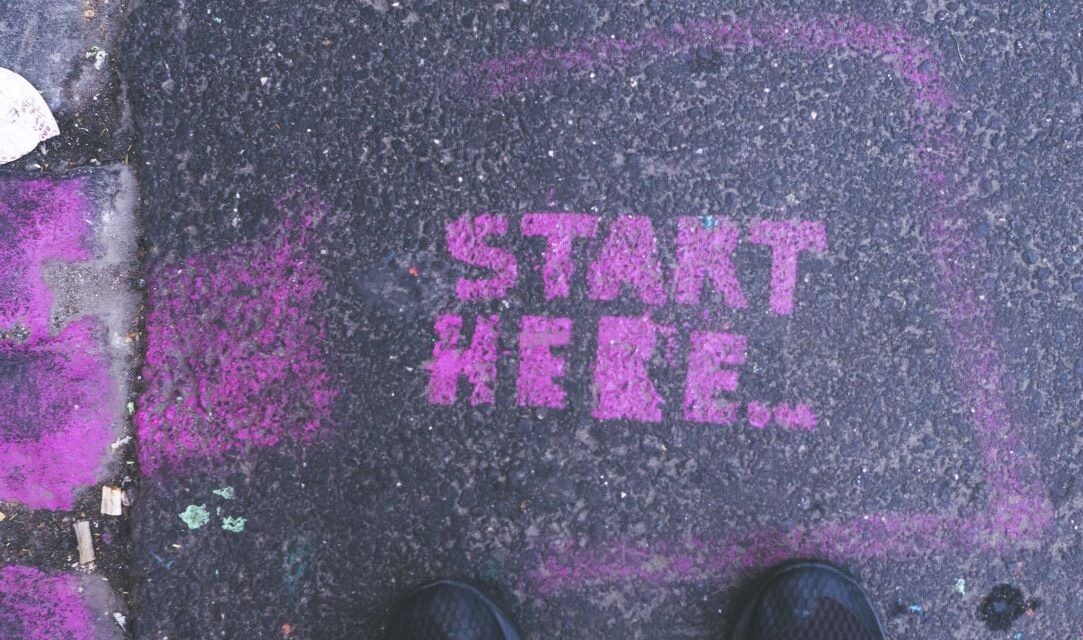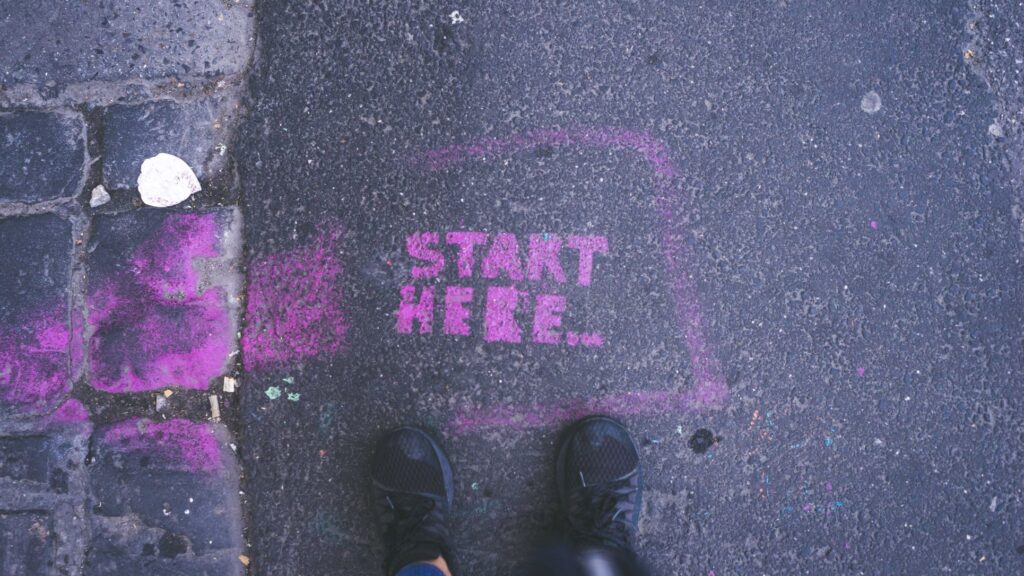Associate Editor Lisa Low: Starting a new writing project has always filled me with varying amounts of excitement and dread. Whether I’m wrapping up a different project—a series of poems or a larger collection, anything that had already developed its own momentum over time—or coming back from a writing break, the stop-and-go process of beginning something new is often its own deterrent for me. Since beginnings are inevitably part of the writing life, I was curious about how other writers experience them, as well as the practical strategies and mental resets they use to propel themselves forward. CR contributors O Thiam Chin, Frances An, Krista Eastman, Amy Sailer, and Nahal Suzanne Jamir share their expertise:
O Thiam Chin, from Issue 18.1, on writing and swimming: Breaking into a new novel or short story is like dipping your toes into a strange, new pool: you don’t know the depth or the creatures living in it, and the water is just too damn cold. You want to stay dry, to reason it out—there are other, better things to do, why can’t you do those first?—and then there’s no more reason to excuse yourself. You simply have to plunge in; the shock of the cold is there, crisp and bracing and ancient, but slowly and gradually, it becomes something else: a warmth seeps through, the cold tingling along the edges of your body, vivifying but harmless. You stretch your arms in front of you, pull them in, and you’re gliding through the water, moving, one stroke at a time, already in your story, in your element.
Frances An, from miCRo, on balancing creative and academic work, and on writing in community: I often struggle to keep up fiction writing when there are academic projects because I feel pressure to prioritize “serious” work over stories. The most important thing is to assert to yourself that your fiction is relevant. Editing older work and sending it out to various magazines for consideration reminds me that my fiction matters, even if it is rejected. The rejection letters remind me that at least someone read it! Fiction requires more time to incubate and isn’t reinforced with deadlines or milestones. However, it inspires and saturates people’s hearts in a way that very few things can. So keep it up, everyone, even if it’s just fifteen minutes a day. I regularly join an online writing group based in New York called the Gotham Writers Workshop. Giving feedback to others helps you reflect on skills you can obtain from different styles of writing. Everyone is very friendly and encouraging. That’s what you need on the thankless journey of being a writer.
Krista Eastman, from miCRo, on not making herself write, and on focusing instead of collecting: I’m pretty unhappy when I’m between writing projects, but what I’ve learned is not to invest that feeling with a lot of meaning, or to see it as a problem that needs to be fixed immediately. I don’t force myself to write. I kind of go out and amass an assortment of sparkling, resonant, surprising things, and when it all becomes too much to carry and I am the least sure about what question or concern is driving this collecting, I go ahead and let something fall so that I can start somewhere, so that I can start to figure out what the hell I’ve been doing.
Amy Sailer, from Issue 18.2, on returning to sonnets: I’ve had a sonnet sequence on the back-burner for a while now. I never give it my full attention, but I constantly return to it. Because it’s a sequence, it’s easy to try something and toss out the poem if it doesn’t work. There’s a way a sonnet clicks into place when it works—a helpful reminder when I’m working on more expansive poems or projects. I agree with Wordsworth that sonnets are a refresh for those “who have felt the weight of too much liberty.”
Nahal Suzanne Jamir, also from Issue 18.2, on using old scraps as starting points, especially across genres: When starting new projects, I always look at my scraps from older revised projects. Sometimes, I find something still speaks to me, and I am now ready to run with this scrap. This trick keeps me grounded psychologically, and this practice helps me see my own arc, how different projects are connected or distinct. The activity of using my own scraps is also cross-genre. I’ve used scraps from nonfiction to start new fiction projects, and it’s refreshing to see those scraps in the light of a new genre, one that often gives life where another genre failed.
Here are some strategies to try, inspired by their insights:
- To relieve some of the pressure of writing something “good” immediately, try a writing prompt or a completely different form than you’re used to.
- Writing challenges, like NaNoWriMo or NaPoWriMo, can help get some words on the page at the beginning of a project. Feel free to be as structured or unstructured as you want and experiment with different lengths of time, requirements for the day, etc.
- Do something writing-adjacent: submit your work, organize your submission spreadsheet, go to a museum, read old journal entries/email exchanges, read up on or watch a show about a new interest or obsession.
- Walking and writing have a long history. Try writing about walking, taking a pit stop to write during a walk, or thinking about writing while you’re walking.












